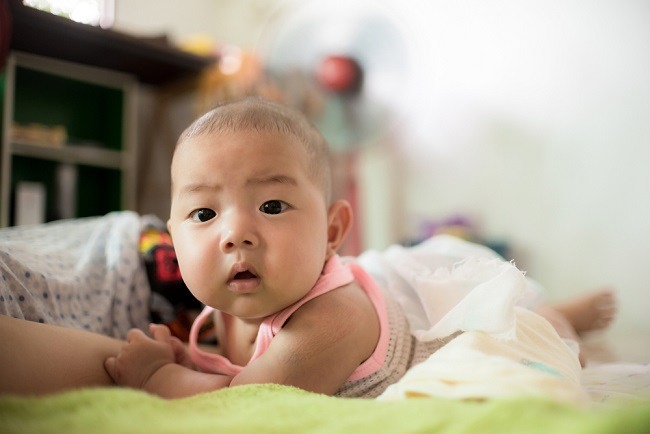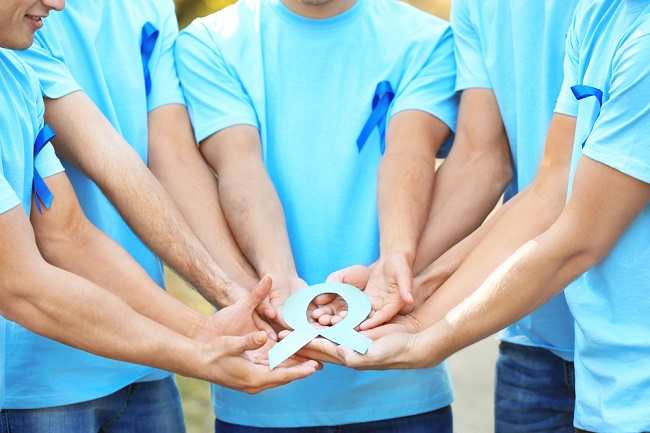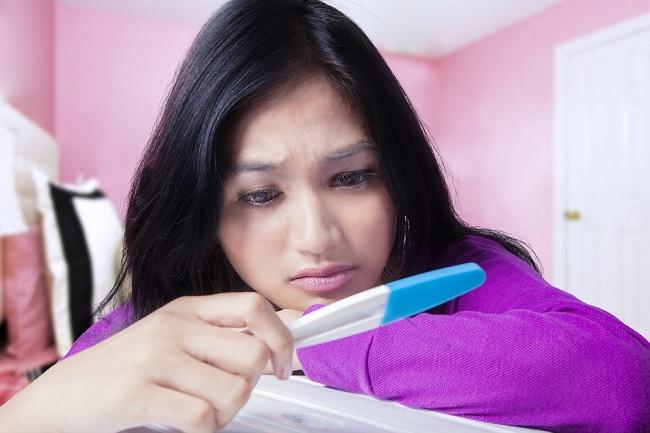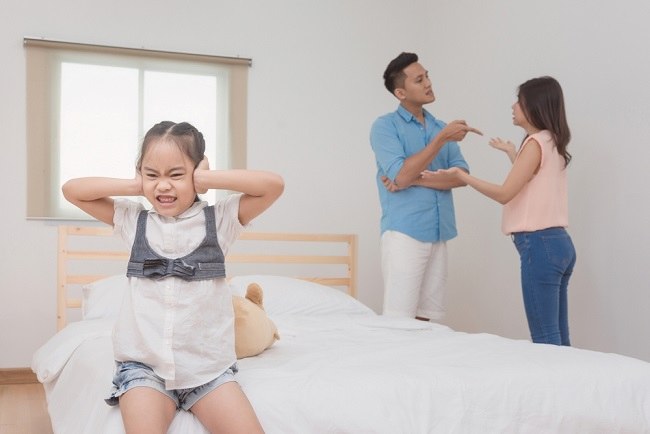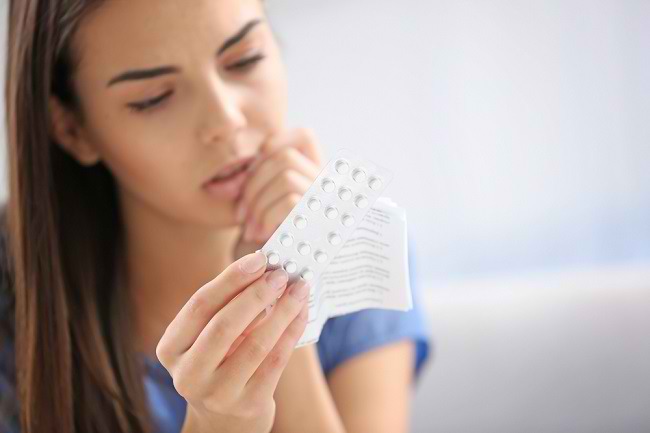Cold allergy in children is generally characterized by hives or redness of the skin when he is in a cold place. However, you don't need to worry, because by recognizing the symptoms and how to prevent them, your little one can avoid cold allergies.
Cold allergy in children is a reaction of the immune system to cold temperatures which causes symptoms such as redness, swelling, and itching of the skin in certain parts of the body.

Although this condition is thought to be related to heredity and viral infection, the exact cause of the body's reaction to cold temperatures is still unknown.
Cold Allergy Symptoms in Children
Cold allergy symptoms generally appear after the skin is exposed to cold temperatures for several minutes, either air, water, or cold objects such as ice. In addition, this condition is also more at risk of appearing when the air conditions are windy and humid.
The following are some of the symptoms and signs of a cold allergy that your child may experience:
- The skin feels itchy and bumps or hives appear on parts of the body that are exposed to cold temperatures
- Hands become swollen after handling cold objects
- Red spots appear on the skin
- Lips and throat become swollen after consuming cold food or drinks
Although rare, some people with cold allergies can also experience anaphylactic shock, which is a severe allergic reaction characterized by decreased blood pressure, fast heart rate, chest palpitations, shortness of breath, and decreased consciousness.
Cold Allergy Treatment
Cold allergy treatment is more aimed at relieving the symptoms that appear and preventing symptoms from coming back in the future. The following are some types of drugs that can be used to relieve or prevent cold allergy symptoms in children:
1. Antihistamines
Antihistamines are a type of drug commonly used to relieve allergy symptoms, including cold allergies. This drug works by preventing histamine from triggering an allergic reaction in the body.
Several types of drugs, including antihistamines, include: chlorpheniramine, loratadine, cetirizine, and desloratadine.
2. Leukotriene antagonist
Leukotrienes are substances that play a role in triggering allergy symptoms and asthma attacks. Although this drug is commonly used to treat asthma, leukotriene antagonists can also be given to people with cold allergies to reduce allergy symptoms that appear.
3. Antidepressants
Antidepressant drugs are generally given to people with anxiety and depression. However, in cases of cold allergy that cannot improve with other treatment, antidepressant drugs can also be given to help relieve cold allergy symptoms.
4. Corticosteroids
This drug works by suppressing the immune system, thereby reducing allergy symptoms.
Corticosteroids are usually given only for a short time, because long-term use can cause severe side effects, such as glaucoma, bone loss, and weakened immune systems.
5. Shake powder calamine
Shake powder calamine can be used to relieve itching and discomfort caused by cold allergies. To use it, apply lotion calamine on areas of the skin exposed to cold air.
The use of medicines to relieve cold allergy symptoms needs to be adjusted to the condition of each child, the severity of the symptoms that appear, and medical indications according to the results of the doctor's examination.
In certain cases, the doctor will also suggest desensitization therapy to treat allergies, including cold allergies.
How to Prevent Cold Allergies in Children
Some things you can do to prevent cold allergy symptoms in children are:
- Keep children away from cold air or objects.
- Avoid giving the child cold food and drinks to prevent swelling of the airways.
- Take medication according to a doctor's prescription.
- Make sure your child wears thick clothing and other protection, such as gloves, scarves, and socks, before they go out in cold weather.
- If your child wants to swim, try putting their hands or feet in the pool first and wait a while to see if they have an allergic reaction.
The above prevention methods can only keep children away from cold allergy symptoms. However, if the symptoms of cold allergy in children often recur or if the allergy symptoms experienced by the child are quite severe, such as shortness of breath or even fainting, immediately take the child to the doctor so that he can be given proper treatment.
